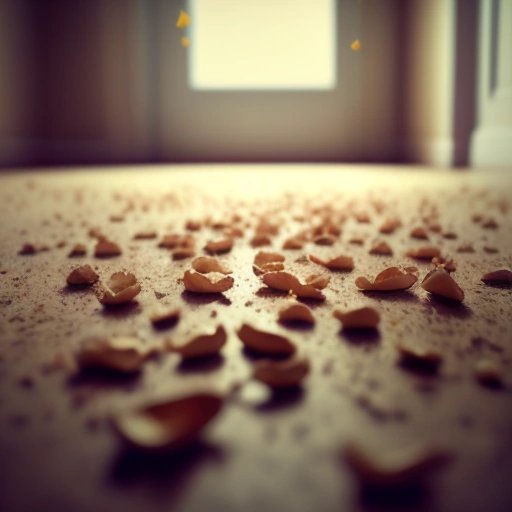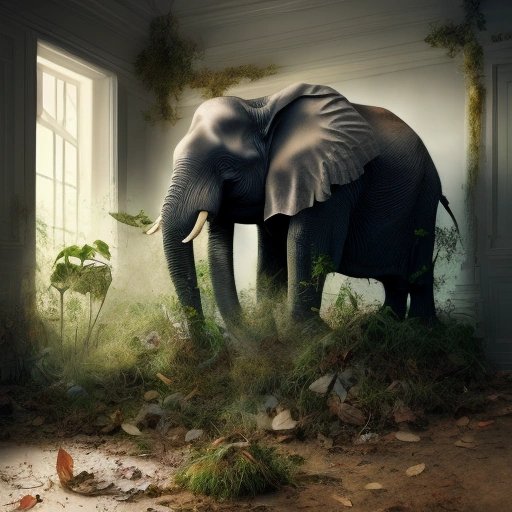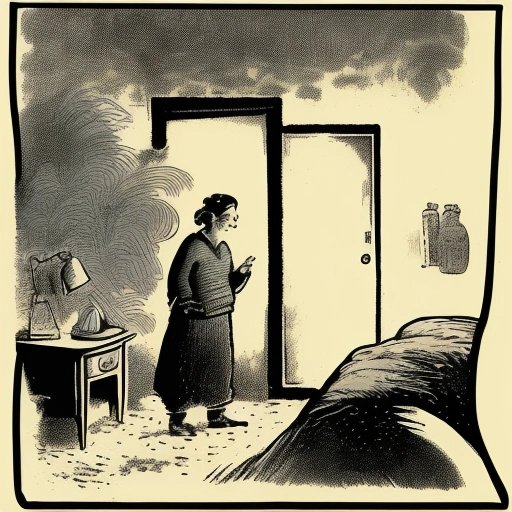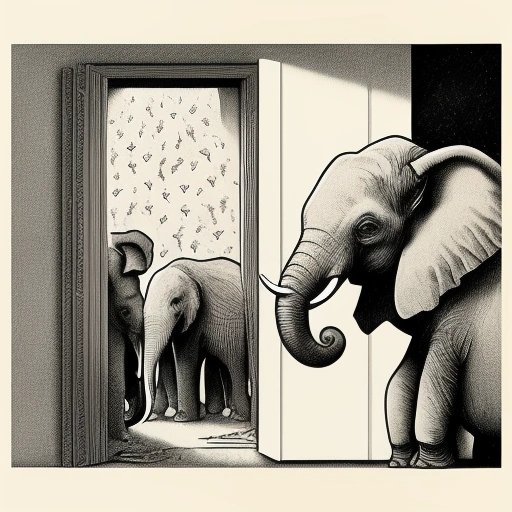Elephants are known for their sneaky behavior and stealthy tactics, especially when it comes to throwing a good ol' pachyderm party. To help you figure out if your room has been secretly taken over by these massive party mammals, we've compiled a list of the top 10 subtle clues. Keep your eyes peeled, and you might be surprised to learn that your humble abode has been the center of some serious elephantine festivities.
Mysterious Peanut Shells
If you find an odd scattering of peanut shells on your floor, don't be so quick to blame your own snacking habits. Elephants absolutely adore peanuts and might have indulged in a late-night snack during their covert gathering.
Misplaced Furniture
Elephants are not exactly known for their delicate maneuvers, and they can easily bump into and dislodge furniture. If you find that your favorite recliner has seemingly moved a few feet to the left or your coffee table is now mysteriously against the wall, you might have some pachyderm partygoers to thank.
Trampled Floor Plants
Elephants absolutely love to munch on some tasty foliage, and if they get peckish during a party in your room, they may snack on a potted plant or two. Keep an eye out for trampled and devoured houseplants or potting soil spread across the floor – these are telltale signs of an elephant feeding frenzy.
Hefty-Sized Footprints
An elephant weighs a literal ton, so it's no surprise that their footprints are rather hard to miss. If you spot colossal footprints on your carpet or hardwood floor, that's a pretty clear sign that some party-loving elephants have waltzed into the room.
Waterlogged Carpet
An elephant's preferred method of drinking is to use its trunk to siphon water directly into its mouth. These suckers can hold up to 8 liters of water, and if they're not careful, they can spill some. So, if you find inexplicable wet patches on your floor or carpet, you might be witnessing the aftermath of some sloppy elephant drinking shenanigans.
Musty Odor
It's hard to miss the strong, musty, and unique scent of an elephant. If you enter your room and get a whiff of something that resembles a mix of hay, grass, dirt, and general wildlife, chances are pretty high that a pack of elephants partied it up in there.
Dust Clouds
When an elephant is feeling particularly festive, it might throw some dust around itself with its trunk. This action not only cools them down but also doubles as a majestic display of party fervor. So, if you find that your room is unnervingly dusty, you might have just missed out on quite the elephant spectacle.
Tusk Marks
When several party-going elephants are gathered in a relatively confined space, there's a good chance that some accidental tusk-related mishaps may occur. Be on the lookout for possible tusk marks in your walls, furniture, or even on your ceiling if they got really wild.
Unexplained Cracking Sounds
Elephants communicate with each other through low-frequency rumbles, and if you hear inexplicable cracking sounds coming from your room, it's possible that these massive mammals are trying to coordinate the clean-up after their epic party.
Cellphone Selfies
Finally, the most definitive piece of evidence that your room was invaded by pachyderm party animals has to be cellphone selfies. Elephants are known to be quite tech-savvy and love to document their shenanigans. If you stumble upon a series of selfies featuring large, gray creatures with big ears and trunks, there's no denying it – your room has definitely been the site of an unforgettable elephant shindig.
There you have it! With these ten subtle clues in mind, you can now join the ranks of Sherlock Holmes and Hercule Poirot in unraveling the mystery of whether your room has secretly hosted an elephant party. Stay vigilant, and who knows – maybe one day you'll catch these stealthy pachyderms in the act.



